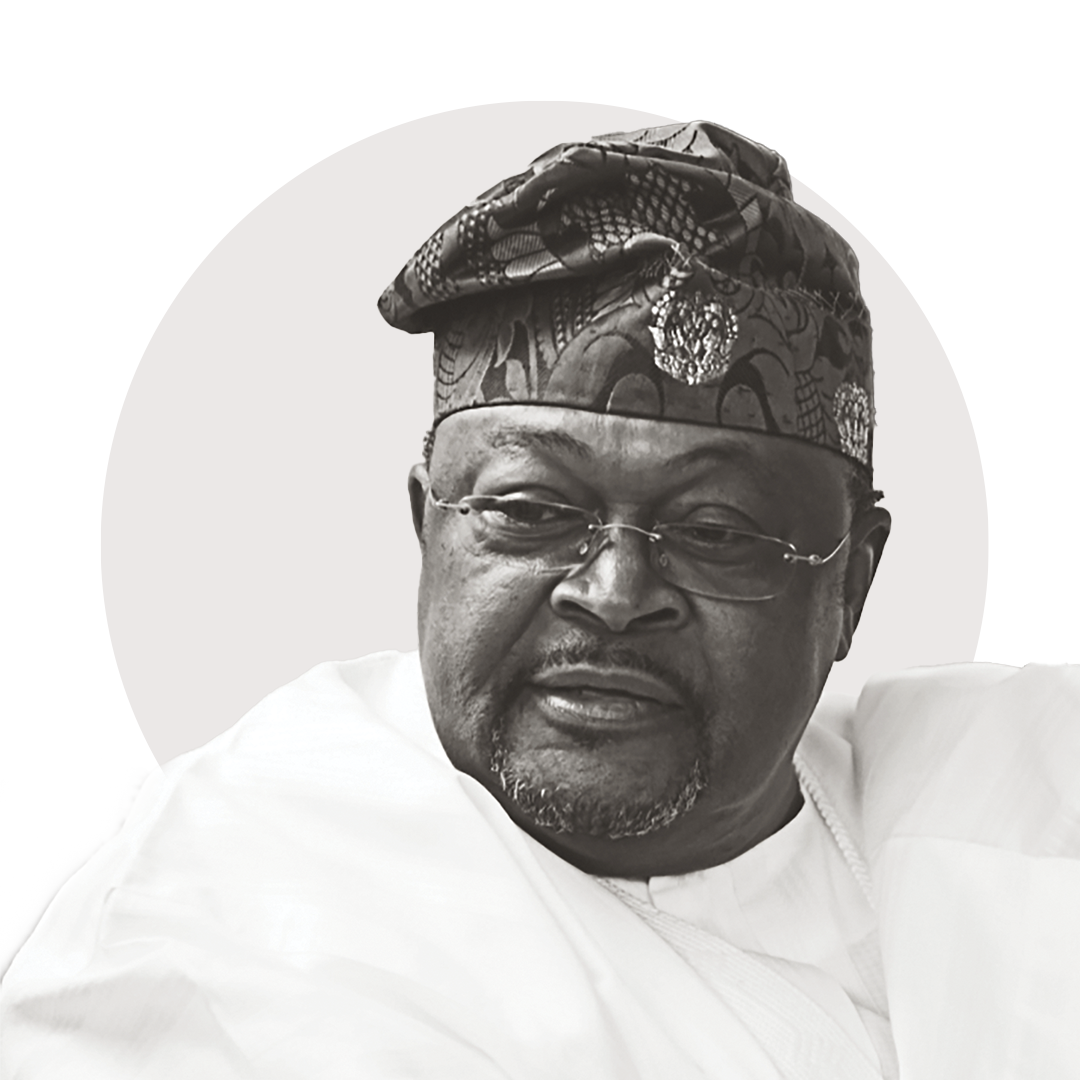Tesla has always been a volatile stock, with remarkable surges in value frequently followed by sudden, painful reversals – triggered by unfavorable news or bad financial results. The swing that’s played out in the past eight trading days has been a doozy, with the shares dropping 19% from their June 23 high.
The current slump has eliminated more than $12 billion of market capitalization and in the process taken away Tesla’s bragging rights as the most valuable U.S. carmaker.
Shares of the Palo Alto, California-based company dropped 5.6% on Thursday, shrinking Tesla’s market capitalization to $50.7 billion, down from $62.99 billion less than two weeks earlier. That put Tesla behind General Motors, which had a $52.65 billion valuation on Thursday, though still ahead of Ford at $44.64 billion.
The biggest hits to Tesla came in trading this week, with consecutive declines every day through Thursday. That coincided with Elon Musk’s announcement that the company’s long-awaited mass-market car, the $35,000 Model 3, begins shipping late this month. While it’s a positive development, Musk also said deliveries would be limited until the end of the year. (Just 30 units in July; 100 in August; maybe 1,500 in September; then rising to 20,000 by December, if all goes well.)
Elon Musk’s Goals For Tesla Will Require Billions More In Capital; Investors Cheer
Loading...
Tesla also said second-quarter sales and production of Model S sedans and Model X crossovers, both of which typically sell for $100,000 or more, fell short of the company’s and analysts’ expectations. Instead of 25,000-plus, it got just over 22,000 cars to customers worldwide. The cause was a shortage of 100-kilowatt-hour battery packs, Musk said, a problem that Tesla hadn’t previously disclosed.
Aside from that, Goldman Sachs analyst David Tamberrino saw something troubling in Tesla’s July 3 sales and production release: A looming slowdown in growth for Tesla’s two highest-margin vehicles.
“We believe that the Model S and Model X are showing plateauing demand,” Tamberrino, who rates Tesla a “Sell,” wrote in a July 5 research report. That led him to cut his growth forecast for the two vehicles to a 5% compound annual growth rate through 2021, down from a previous expectation of a 13% annual growth rate.
He also cut his target price for the stock to just $180, far below Tesla’s $308.83 close on July 6.
The threat of new competition in the electric vehicle space is also building up. Volkswagen, Audi, BMW, General Motors, Nissan, Honda and other companies for the past year or so have announced plans to add new and better EVs to their portfolios. But on July 5 Volvo went even further, saying that it would transition to an all-electric lineup starting in 2019. At that point, it will no longer sell vehicles with merely gasoline or diesel engines. Instead, it will offer hybrid, plug-in hybrid and full EV models across its product line.
“We see it – especially after a visit to China last week – as more evidence … that Tesla will face intense competition by next decade from legacy OEMs who are expanding their electric options,” Barclays analyst Brian Johnson said in a research note on July 5. He has an “Underweight/Neutral” rating on Tesla with a target price of just $165.
Elon Musk Left Worker Safety On Autopilot Too Long
In China, Tesla has yet to find a local joint-venture partner to produce its vehicles. That’s kept it a minor player so far in the biggest and fastest-growing market for electric vehicles, Johnson said. What’s more, battery prices in China may be falling to a level that puts them below what Musk is aiming for when his massive $5 billion Gigafactory moves to full production in the next year or so.
“A flood of cheap Chinese batteries will negate Tesla Gigafactory scale advantages,” Johnson said.
If all that weren’t enough, the Insurance Institute for Highway Safety said this week that Tesla’s Model S, which has earned top scores in U.S. government crash tests, failed to attain its highest ranking.
Musk’s intoxicating vision of a future marked by pollution-free electric cars and clean energy has kept Tesla shares in a unique category since its 2010 IPO.
For those who embrace Musk’s vision and think that within a few years Musk’s aggressive multi-billion dollar capital expenditures will finally pay off and that Tesla will be pumping out sleek electric vehicles at an annual clip of a million or more, the stock probably looks like a bargain right now.
But view it as a conventional carmaker, and the valuation for a company with just two profitable quarters in seven years and massive capital needs for the foreseeable future looks nonsensical.
Both views ensure that volatility will remain a constant. – Written by Alan OhnsmanFORBES STAFF
Loading...




















